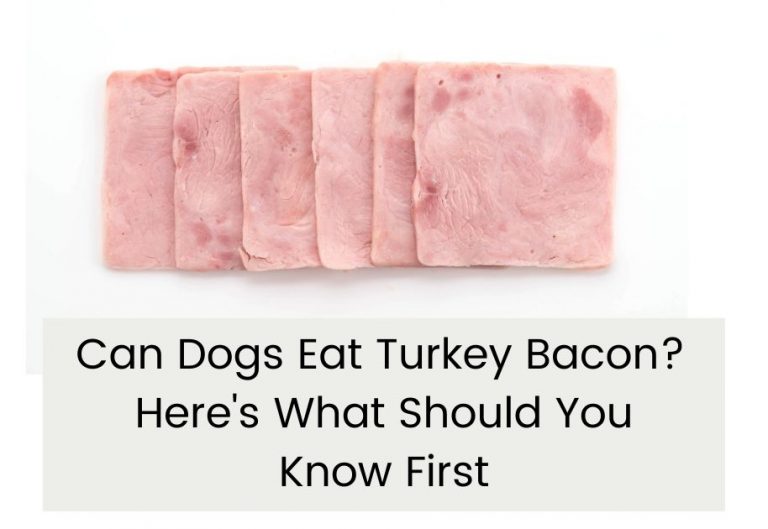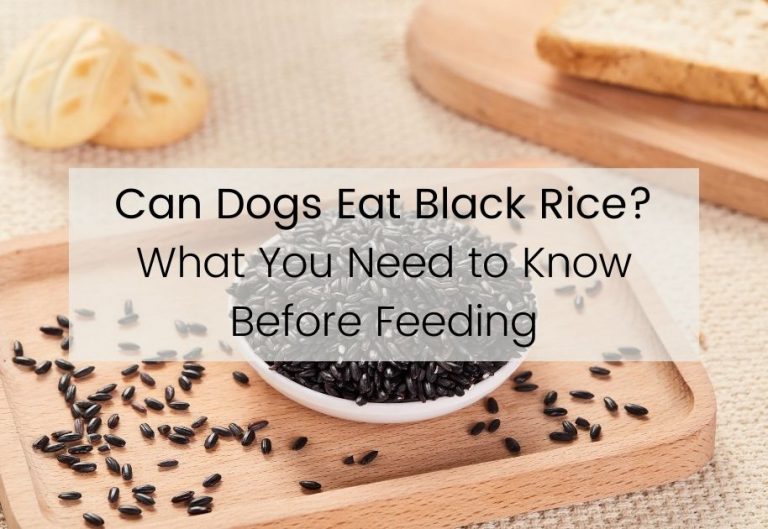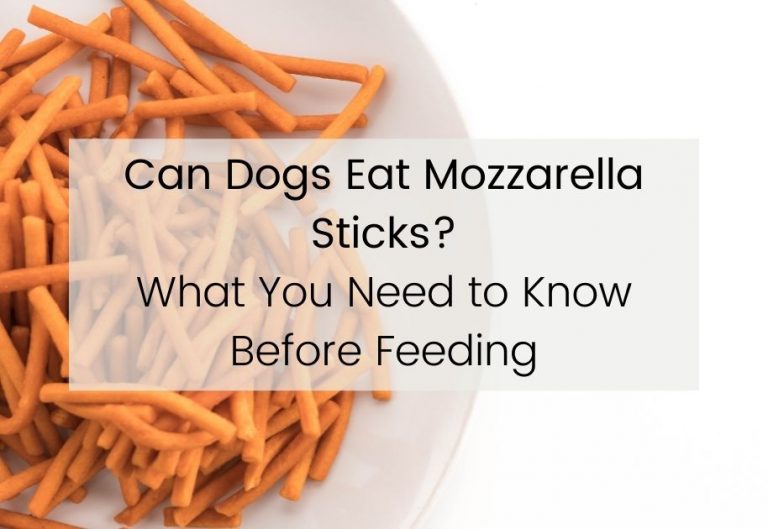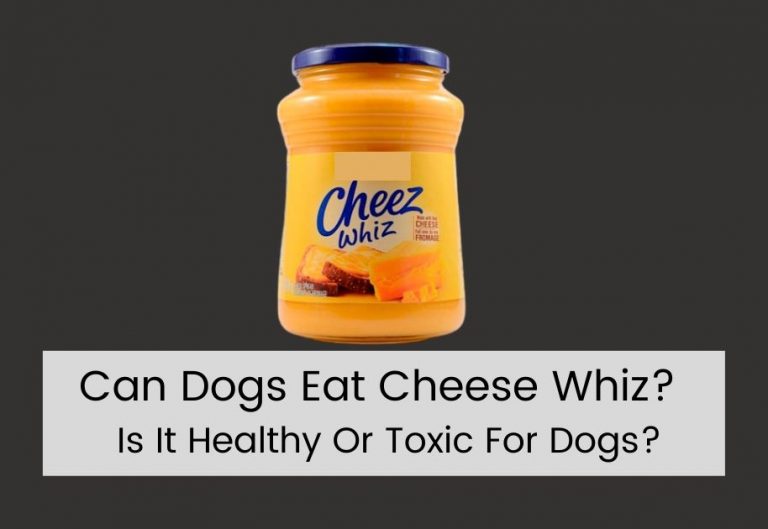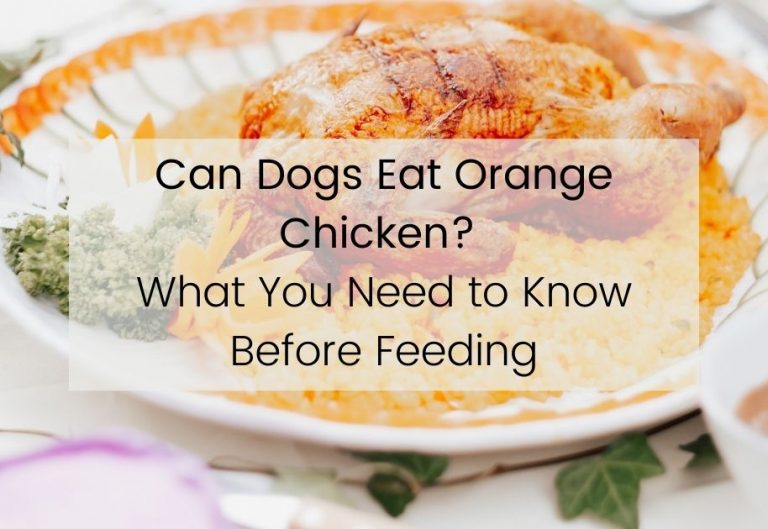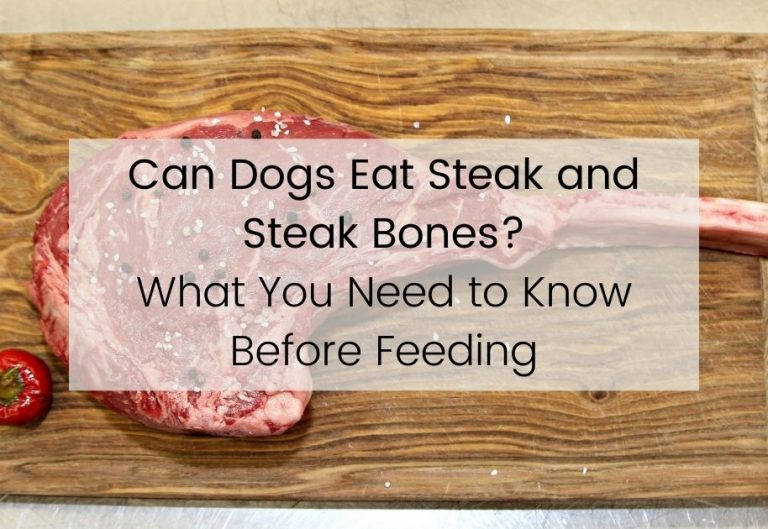Have you ever been baking or cooking and wondered to yourself, “can dogs eat cornstarch?”, then you’re not the only one.
Plenty of other owners are asking themselves the same question, and the answer is YES, dogs can eat cornstarch.
How much is too much?
What foods can dogs have that include cornstarch?
Try not to worry too much, as this article will include all of the information you’ll need to know on feeding your dog a food that has cornstarch as an ingredient.
What Is Cornstarch Used In?
Cornstarch is a common ingredient in dog treats and even some commercial dog food.
Your dog’s stomach will break down the cornstarch into glucose, a natural form of energy that the body needs.
If you’re an adventure-seeking dog owner, you’ve probably wondered if cornstarch is a good snack for your furry friend.
According to dog nutritionists, yes, cornstarch is safe and not dangerous to our canine companions.
Is Cornstarch Bad For Dogs?
Cornstarch is not dangerous and is included in many different dog treats and foods. However, it doesn’t have much nutritional value.
And according to this research, cornstarch causes fewer reactions than cornflour in dogs and cats.
Corn is often added to dog treats to increase their bulkiness and to increase the overall weight of the treat. However, it’s not just corn that’s used as a filler; there are also nutrient-dense and fibrous layers of corn that are often added to the treats.
The best dog treats are not stapled food and should be supplemented with other nutrient sources to achieve a balanced diet.
Can Dogs Have Allergies To Cornstarch?
It’s important to keep an eye out for signs that your dog may be developing food allergies when it comes to cornstarch.
If he suddenly develops itchy skin, runny eyes, and sneezing, he may be allergic.
The main component of corn that causes dogs to develop allergies is a protein known as zein.
Zein is the protein found in corn that can cause your dog to react adversely to it.
Corn allergy in dogs is similar to other allergies. It usually causes the following symptoms:
- Skin irritation
- Hives
- Biting of the paws
- Itching
- Obsessive licking
- Vomiting
- Diarrhea
- Abdominal cramping
Corn allergies in dogs are caused by feeding them a portion of specific dog food that contains corn or a corn product.
Causes also include:
- The immune system overreacts and targets harmless agents in the body.
- There is an environmental change or chemical imbalance inside the gut.
- It can be difficult to digest certain food ingredients.
- Being exposed to something the body considers an allergy.
Cornstarch is a common ingredient in many dog treats.
While it doesn’t have any nutritional value for your dog, it’s not harmful in small amounts.
Health Benefits Of Cornstarch In Dogs
Cornstarch is an excellent source of carbohydrates for dogs, but it’s deficient in many other nutrients. It’s also low in protein, fiber, fat, vitamins, and minerals.
For this reason, most of the nutritional and antioxidant benefits dogs can normally obtain from eating whole corn are lacking in cornstarch.
The data on U.S. Department of Agriculture tells us that one cup of cornstarch contains the following nutrients:
- Calories: 488
- Protein: 0.5 grams
- Carbs: 117 grams
- Fiber: 1 gram
- Copper: 7% of the Daily Value (DV)
- Selenium: 7% of the DV
- Iron: 3% of the DV
- Manganese: 3% of the DV
Cornstarch is high in calories but low in important vitamins and minerals.
Cornstarch is also gluten-free, so it’s a good alternative for dogs with gluten intolerance or celiac disease.
With the rise in the popularity of gluten-free diets, there is a growing demand for gluten-free products.
Can Cornstarch Be Used As A Dry Shampoo For Dogs?
Cornstarch can certainly be used as a dry shampoo for dogs, helping them eliminate excess oil without having to use water.
It’s often mixed with baking soda to reinforce its deodorant effect.
Are There Negative Side Effects From My Dog Eating Cornstarch?
Dogs are not known for having any side effects from eating cornstarch.
If your dog does have an adverse reaction to something they have eaten you should contact your vet right away.
A dog that is having an allergic response to a food will show symptoms of sudden itchiness, hives and stomach upset.
Is Cornstarch Also Cornmeal?
Cornstarch and cornmeal are not the same thing.
Corn chips are made from corn kernels that have been cooked and then dried.
When the kernels are ground into the size of small grain, they’re called cornmeal.
Cornmeal is often used to make a corn snack, such as corn chips, but it can also be used to make other products, such as corn flakes.
How To Feed Your Dog Cornstarch
No one, including dogs, wants to have a snack of dry, powdery and black cornstarch.
The best way to serve your dog something with cornstarch is to make a treat or some kind of other food that is in a tastier and easier to ingest form.
It’s okay to serve your dog treats made with cornstarch, but it’s important to make sure that they are supplemented with enough protein and healthy foods.
They should never be the main part of your dog’s diet.
FAQ’s About Cornstarch
Is cornstarch safe for a dog’s skin?
Although cornstarch is a safe ingredient for dogs, it’s important to be aware of its effects on their skin.
It’s not recommended to use cornstarch on dogs with skin conditions.
Some dogs have a sensitivity to cornstarch and will experience a skin reaction when they eat it.
Can you put cornstarch on a dog’s wound?
Cornstarch is a good home remedy for incidents of minor bleeding such as a broken toenail.
However, it should only be used as a temporary solution and you should contact your vet right away if your dog injures themselves.
Can cornstarch cause an allergic reaction in dogs?
Corn is not a common allergen source in dogs and cats, and cornstarch is less allergenic than cornflour.
Thus, pet foods containing cornstarch as a carbohydrate source are preferable for dogs and cats suspected of suffering from corn allergy.
Can dogs eat corn flour?
Cornflour is often used as a food thickener in many types of dog foods, but it is also completely safe for your dog to eat.
It is particularly useful if you like to make your own treats and if your dog is gluten-free.
Which flour is safe for dogs?
Whole wheat flour is a great choice for homemade dog treats recipes.
It’s made by grinding up the whole wheat kernel, which means that every part of the grain is used and the flour retains the full nutritional value.
What’s the best flour to use for dog treats?
The best flours to use for dog treats are whole wheat flour and whole wheat pastry flour.
If you want your dog to avoid wheat, you should use flours like chickpea, sorghum, or oat flour.
Adding oats to treats is a good way to add fiber and chewiness.
Can Dogs Have Cornstarch?
Cornstarch is a completely safe and common ingredient in many different dog treats and commercial foods.
It is also a better alternative to wheat-based products for dogs, plus it’s gluten-free, so it won’t cause gastrointestinal problems for any pups that are sensitive to gluten.
